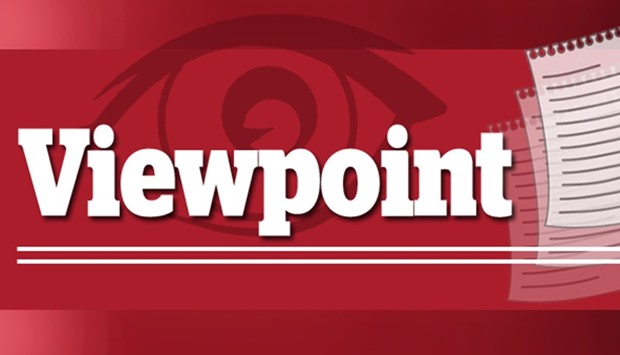Russia’s war in Ukraine has forced the European Union to address longstanding strategic challenges. The most immediate task is to end Europe’s dependence on Russian energy imports, and this process is now underway, with a gradual oil embargo that will reach 90% by the end of the year.
More broadly, Europe must also develop an effective security and defence policy, as well as the capabilities required to implement it. While this ambition itself is not new, there is a fresh impetus for it. Russia’s war makes clear that we need a step change toward greater pooling of defence investments. That was the main conclusion from the European Council’s discussion about defence this week.
No two political problems are identical. Sometimes, a challenge seems so new and unprecedented that it cannot be addressed until there has been a proper assessment of a changed landscape. And sometimes, the solutions are known but the resources for them are lacking. The European security and defence debate falls into a third category: the diagnosis and prescriptions are clear, but there has been a deficit of political will.
We have known for years – even decades – that European governments have been spending too little on defence, and in too fragmented a manner. The result is that they lack the military capabilities to guarantee their own security or serve as a capable partner for Nato. They need to spend more, and they need to do more of that spending together.
Over the years, many European politicians, institutions, defence ministries, think tanks, and others have issued reports and proposals calling for more and better defence spending. These exhortations have reflected a clear and firm consensus among experts on the issue. Moreover, in 2004, the EU created the European Defence Agency (EDA) to support member states with joint research, development, and procurement projects.
But many countries cut their defence spending following the 2008 financial crisis, reducing the shares of their budgets devoted to collaborative security investments. Since then, governments have too often paid lip service to joint spending while continuing to put national procurement first (often for political reasons, such as to support domestic industries and employment).
The net result has been dramatic. Between 2009 and 2018, member states’ cuts amounted to an aggregate defence underspending of around €160bn ($171bn). Worse, many others around the world have raced ahead. In the last 20 years, EU combined defence spending increased by only 20%, compared to 66% for the United States, almost 300% for Russia, and 600% for China. Even more alarmingly, Europe reached a new low in 2021, when only 8% of equipment spending went toward collaborative investments – a far cry from the 35% that EU member states themselves have set as a target.
This underspending and lack of collaboration is costing EU countries (and thus taxpayers) tens of billions of euros per year, because of redundant spending and inefficiencies. But it doesn’t have to be this way. It is within their own power to change course, and they already know the way. Through the Strategic Compass, EU institutions and all 27 member states have drawn up a roadmap. They have tools and frameworks in place – starting with the Permanent Structured Co-operation and the European Defence Fund – to help member states pursue research, development, and investments in a more co-ordinated manner.
But other pieces still need to fall in place. They must provide financial incentives for joint procurement and move toward more strategic programming. They also need to strengthen the EU’s defence industrial and technological base by supporting research and development and harnessing the potential of disruptive new technologies.
Yes, it is a cliché in European politics to say that they lack only the political will to use the tools at their disposal. But clichés are generally true. Europeans tend to make tough decisions only when they have tried everything else and are facing an acute crisis.
Those conditions have clearly been met. We are watching Russia wage a war of aggression against Ukraine – one that has underscored Europe’s own vulnerabilities, revealing longstanding capability deficits and new needs (such as to refill our depleted stocks). Moreover, this crisis comes on top of many other threats, both in our own neighbourhood and beyond. European interests are being challenged in all strategic domains, including cyber, maritime, and space.

viewpoint
